People
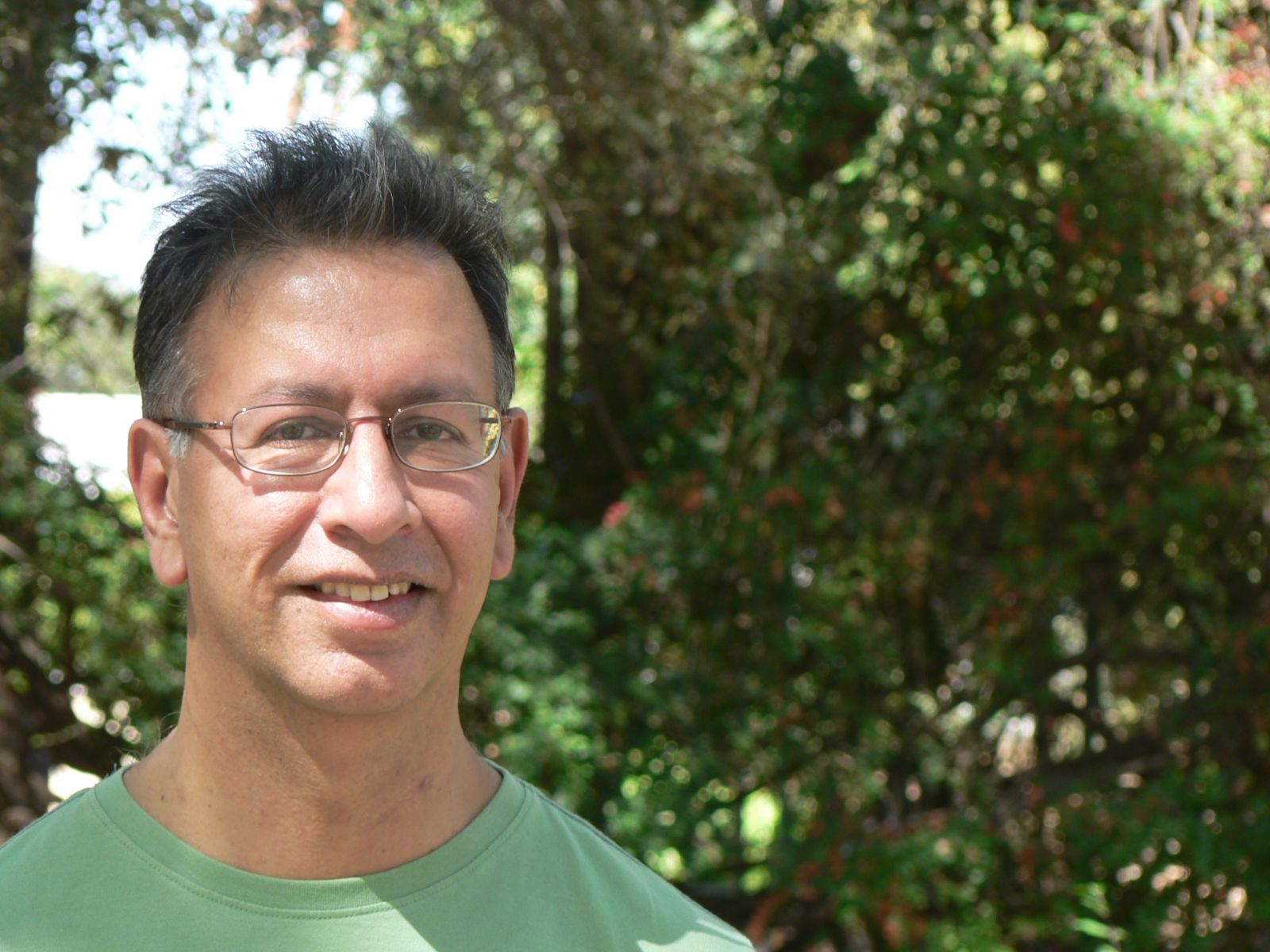
Sandip Hazareesingh (Principal Investigator)
is a radical historian and Director of the Ferguson Centre for African and Asian Studies at the Open University. He is the author of The Colonial City and the Challenge of Modernity (2007) and co-editor, with Harro Maat, of Local Subversions of Colonial Cultures: Commodities and Anti-Commodities in Global History (2016). He has published articles in journals such as The Journal of Historical Geography, Global History, and Modern Asian Studies. He was also one of the Academic Consultants for the BBC-OU documentary series Dangerous Borders: A Journey across India and Pakistan, broadcast in August 2017 to mark the 70th anniversary of the independence of India and Pakistan.
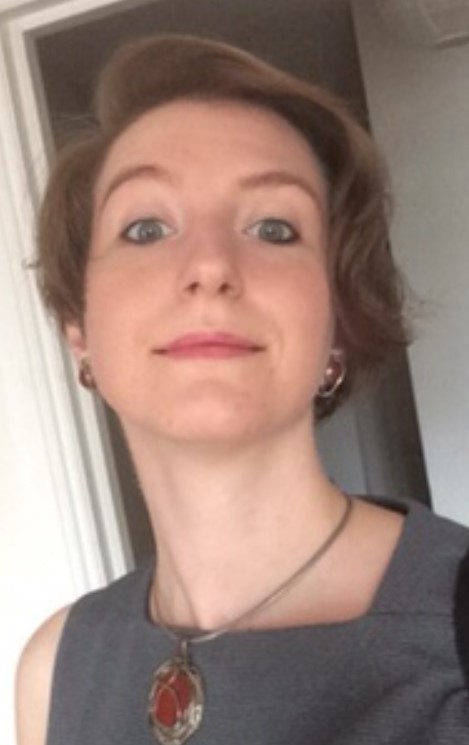
Tsveti Bandakova (Project Coordinator)
is a doctoral student at the Centre for South Asian Studies, University of Edinburgh. Her work focuses on Farmer’s Rights and the sharing of genetic resources for food and agriculture. Her doctoral thesis explores the formal and informal networks farming communities, NGOs and Government Organizations in India form to facilitate the exchange and dissemmination of seeds, technologies and knowledge. Tsveti has ample experience working with NGOs focused on conservation and revival of local agro-biodiversity, such as Gene Campaign (India) and BAIF (India). She is also a co-founder and an associated editor of the South Asianist, University of Edinburgh, Open Access Journal of South Asian Studies.
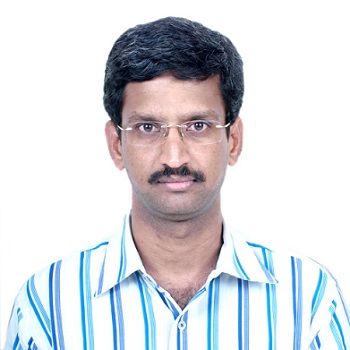
Narayanan Raghunathan (Project Partner, Green Foundation Executive Trustee)
As a Social Entrepreneur, Raghunathan's passion is to facilitate sustainable solutions at a scale that eliminate inequities, marginalisation, hunger and poverty. Guided by his 25 years' experience in the social development sector, he strongly believes that an integrated and people-centric ecosystem is a must, with a strong and sensitive private sector, to bring sustainable change at scale. The DNA for this change and transformation is to create an eco-system that integrates four elements – Capacities of the Communities, Efficiency of the Market, Reach and Vision of the Facilitators, and the Power of the State. Towards this, he strives to design scalable models and approaches, test them, nurture partnerships to reach scale and engage with policy to create enabling space, across multiple domains that affect the lives and livelihoods of the vulnerable and marginalised communities. The models that he initiated have touched over 120,000 farming households, 150,000 communities vulnerable to health issues, 40,000 households affected by water-related issues and over 500 women-owned businesses.
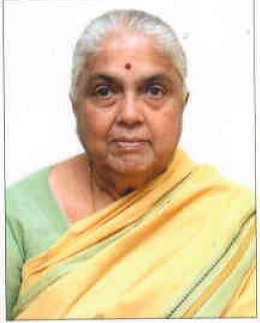
Vanaja Ramprasad (Project Partner, Green Foundation Founding Trustee)
Dr. Ramprasad is the Founding Trustee of GREEN Foundation, she has tirelessly contributed to the growth of the organization without expecting monetary benefits except a small honorarium. Her commitment to the cause has been the major force behind what the organization has achieved in the last fifteen years in the face of many difficulties. In recognition of the hard and tireless work Dr.Vanaja Ramprasad was invited to receive the Equator Initiative award in 2004, was given the "Woman in vocation award" by the Rotary in 1997 and "for the sake of Honour" in 2004 by the Rotary. She has been selected as one of the world board members of the "International Federation of Organic Agriculture Movement" and was invited by the IAASTD to be a lead author in the world-wide event to prepare the document on Science Technology and Development impacting agriculture.
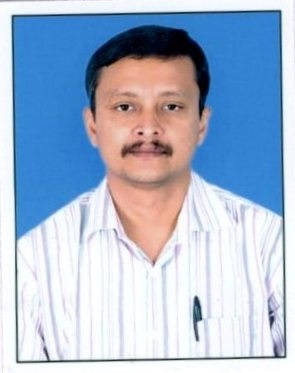
Sandip Pattanayak (Project Partner, Chief Operating Officer, GREEN Foundation)
Sandip is passionate about food, food systems, and how production and consumption of food is affected by increasing demand for food and large-scale changes to climate and environment. He has interest in epistemology, philosophy, politics, history and governance and their implications for contemporary world development. Has 22 years of experience of working with not-for-profit, government and consulting organisation at national and international level. He has worked with large agriculture and livelihoods development projects in India. He is a qualitative researcher with sound understanding of quantitative research techniques. Sandip has a Masters in Development Studies from University of East Anglia, UK.
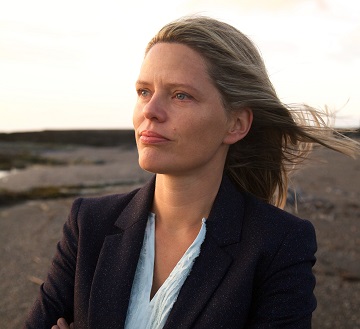
Sara Penrhyn Jones (Project Researcher)
is an award-winning documentary film-maker with a particular interest in climate and environmental issues and public participation. Her recent AHRC-funded film Troubled Waters (2015) explored perceptions of climate change for the coastal communities of the Pacific island of Kiribati. The same interdisciplinary research project also considered the effects of climate change in North Wales and Cornwall. She has brought together elements of her research and activism in the 30 minute film 'TIMELINE', which won a Best Practice Research Award in 2017 (BAFTSS). She previously won a Royal Television Society Award for Best Regional Documentary in UK for her film Ar y Stryd (Streetlife, 2004), depicting homelessness and drug addiction in North Wales.